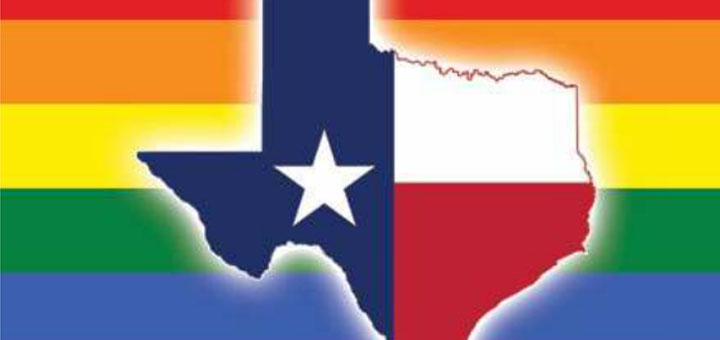BHP Billiton, one of the world’s largest natural resources companies, becomes the 1,000th Texas economic stakeholder to sign a pledge stating that Texas must be welcoming to lesbian, gay, bisexual, and transgender (LGBT) people as an economic imperative. BHP Billiton’s petroleum unit, a major upstream oil and gas producer, is headquartered in Houston.
“BHP Billiton actively supports inclusion and diversity in the workplace, and we’re proud to be the first company in the upstream petroleum business to sign the Texas Competes pledge,” said Steve Pastor, President Operations, Petroleum, BHP Billiton. “Our business depends on our ability to attract and retain the best talent, and that includes being a welcoming and inclusive workplace in a state that treats everyone with fairness.”
“It is absolutely critical to the long-term economic success of Houston and Texas that we continue to be viewed as a welcoming place to build a career or company,” said Bob Harvey, President and CEO of the Greater Houston Partnership, also a pledge signatory. “We applaud BHP Billiton for taking a leadership role in the energy community by committing to ensure Texas remains open to all who want to make a life here.”
Texas Competes launched in April 2015, with 79 Texas employers and chambers of commerce as signatories to its pledge. Texas Competes cites data pointing to a link between a negative state brand on LGBT issues and competitive threats in talent, tourism, and corporate investment and relocation.
“Millennials will make up 75 percent of the American workforce by 2030. This generation has overwhelmingly decided that discrimination and rhetoric against LGBT people should be a thing of the past,” said Jessica Shortall, Managing Director of Texas Competes. “The brand of our state on LGBT issues matters a great deal when big and small companies fight for the best workers and it matters in securing and keeping tourism dollars and in incentivizing ongoing corporate investment in our state.”
Texas Competes’ membership includes almost 900 small businesses, 34 Fortune 500 companies, 18 chambers of commerce, several industry associations, and large and small employers from every part of the state, urban and rural.

